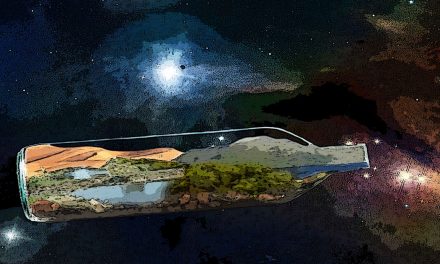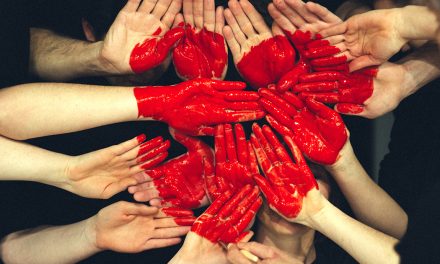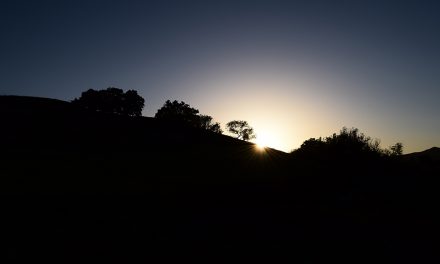THE RIGHT TO DREAM
★ ★ ★ ★
By Kusi Okamura
I have a two-year old daughter and much of her play at the moment is make-believe. She makes up scenarios with her dolls and stuffed animals. She tucks them into bed. She pushes them around in a small buggy. She goes on adventures with them. She talks to herself and sings and much of it doesn’t make sense to our ears. Most of her make-believe is around who she is, or wants to be, in that particular moment. She pretends that she is the teacher and that I am a child. She pretends that she is a fireman and that I need rescuing. Sometimes she is Superman, sometimes she is a mama, sometimes she is just a little girl. She dreams and dreams and dreams, and I dare not, will not, would not, tell her what she can and cannot dream. She needs those dreams to be hers and hers alone.
* * * *
It was a busy month for The Wild Word as we prepared for this issue. Shortly after the GROWING UP issue came out, we responded to the sad news of Prince’s death with our own special tribute (thewildword.com/prince-tribute). What struck me about the dedications was not only how much people loved the music of Prince, but how, like all great music, it was about how Prince made people feel. When you look and listen to Purple Rain, the Vaseline-lens quality of the video and the echoing quality of his music creates a dreamscape. And in this dreamscape, Prince, in all his creativity, genius and fluidity, particularly in his on-stage sexual persona, seemed to grant us in the audience freedom. Freedom to also be creative, to be free sexually, to be who we wanted to be, dreamed of being. RIP Prince.
Then a few weeks ago, news of the immolations of two asylum seekers under the Australian government’s hardline and inhumane refugee policy both saddened and angered me. They are using these poor people to scare off other poor people. They are wrongly imprisoning them on islands out in the Pacific ocean, breaking down their spirits, treating them worse them animals. We put out our own IN PROTEST editorial (thewildword.com/in-protest-editorial). I wrote about the rich and proud history of protest in Ireland, where I grew up, where I was taught that protest was a basic right. That in the act of protest we are demanding respect, as fellow human beings. That in the face of injustice and oppression, we can and must speak out.
* * * *
And so thinking about all of this, I found myself thinking about the transgender debates that are raging in America at this moment in time. Much of it seems centred around the use of bathrooms. Should someone who was born a man but sees herself to be a woman be allowed to use the women’s bathroom? Many people feel there is a danger in allowing this. And there seems to be so much fear.
For me this really isn’t about bathrooms at all. This is about being allowed to be who we want to be. This is about identity.
When I think about transgender rights, I think back to the images that we put out in our IN PROTEST editorial. I think about the quiet dignity of Rosa Parks sitting in the front of bus, regardless of the fact that society at that time told her she was not allowed to do so.
When I think about transgender rights and people being told that they don’t fit into a category and that one would be made up for them, a separate category, I think about segregation. I think about apartheid. I think about Omid Masoumali, who died after setting himself alight, after being imprisoned on the remote island of Nauru.
For me that is the nightmare scenario. Imagine not being allowed to be who you want to be, and who you see yourself as being. That is something that we should really be afraid of. And be willing to fight. For ourselves, for our children, for each other.
Freedom.
The most basic of dreams.

Kusi Okamura is the founder and editor of The Wild Word. She lives with her family in Berlin, Germany




























Wow!!Beautifully written and above all it is really powerful!
Wonderful piece, Kusi! I agree that fear is driving the panic that a tiny minority of people feel at the thought of a transgender person in the bathroom with them. And worse, hatred.
But I was very heartened by a television interview I saw a recently. They asked a bunch of high-school kids how they would feel about having a transgender person in the bathroom with them, and they all pretty much rolled their eyes and said in one way or another, “What’s the big deal?”
Our present is a little messy, but thank goodness, that looks to be our future.